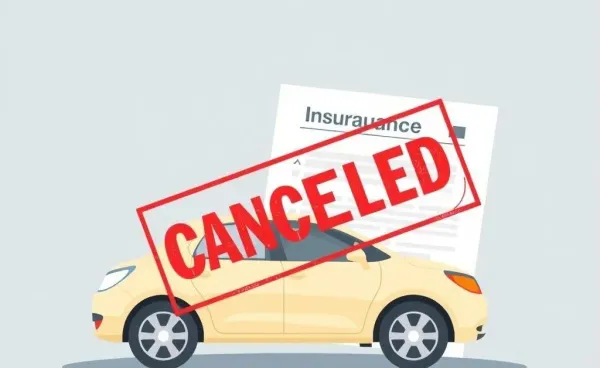Why Did My Credit Score Drop Suddenly? Unraveling the Mystery
Discover why your credit score may have plummeted and learn effective steps to rebuild it.
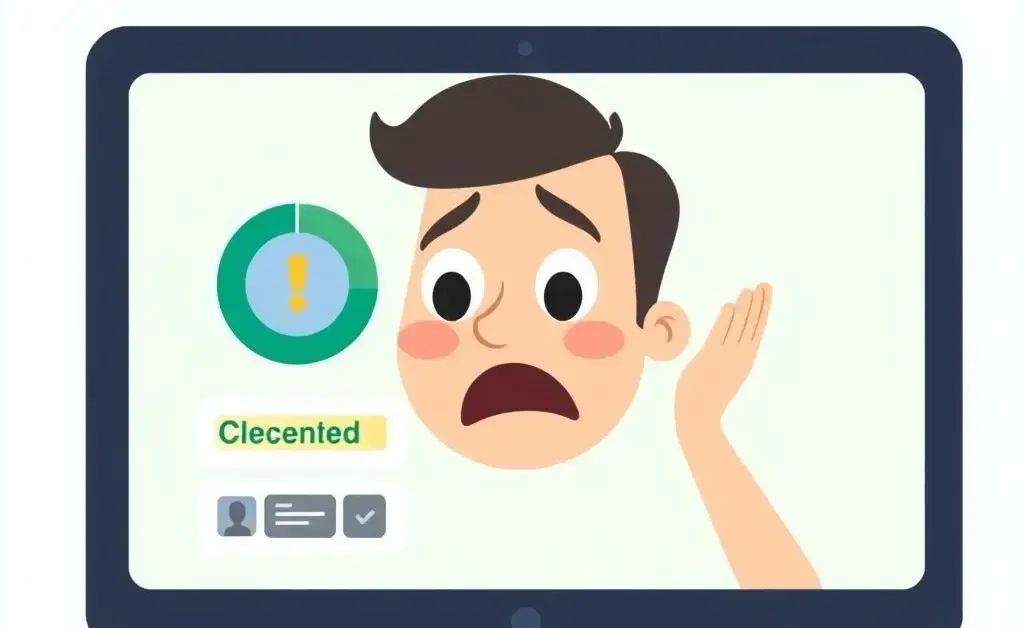
Have you ever experienced that heart-dropping moment when you discover your credit score has suddenly fallen off a cliff? It’s like finding out your favorite pizza place has closed—all panic and disbelief. Let’s dive in and explore why your credit score might have taken a nosedive and how to mend it.
Common Reasons for a Sudden Drop in Credit Score
First things first, it’s crucial to understand the usual suspects behind a sudden dip in your credit score. Here are a few common reasons:
- Missed Payments: Payment history carries significant weight in your credit score calculation. A missed payment can cause a considerable decrease.
- High Credit Utilization: Borrowing close to your credit limits can make you appear riskier to lenders.
- New Credit Inquiries: Applying for multiple new lines of credit in a short time can hurt your score.
- Errors on Your Report: Mistakes happen. Errors on a credit report can negatively impact your score and need correction ASAP.
- Closed Accounts: Canceling a credit card might sound smart, but it can lower the average age of your accounts and increase credit utilization.
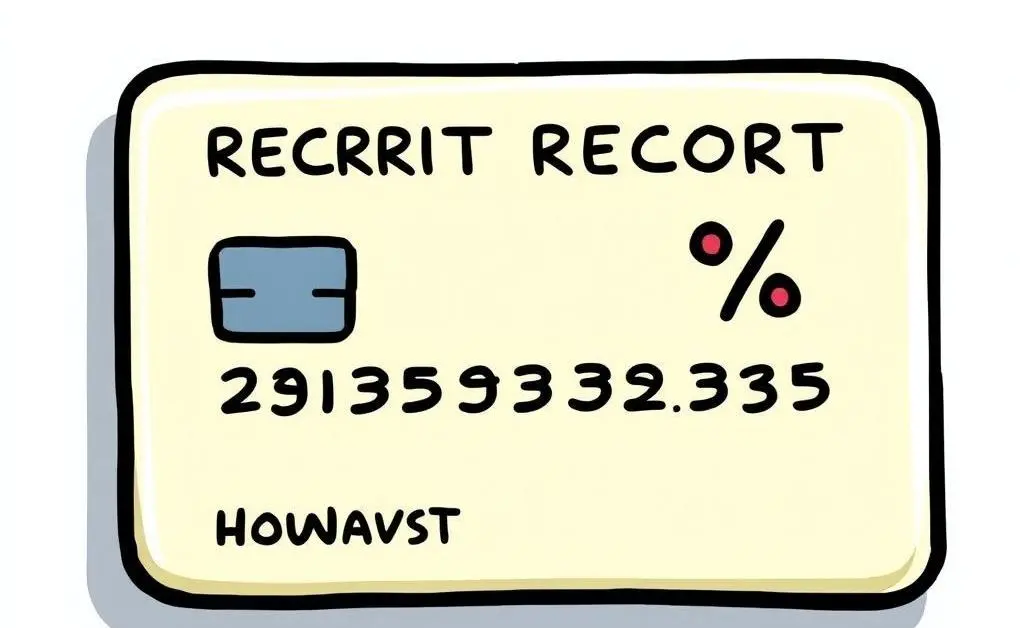
How to Check Your Credit Report
Your first action should be investigating your credit report for any anomalies. It’s easier than hunting for your favorite socks, trust me!
- Visit Annual Credit Report to get free access to your credit report from the three major credit bureaus.
- Review each section for accuracy. Look out for accounts you don’t recognize, errors in personal information, or inaccurate payment histories.
Steps to Rebuild Your Credit Score
Alright, so you've identified what caused the credit score drop; now, let’s talk about how to rebuild it. Here’s a game plan to get you back on track:
- Make Payments on Time: Set up reminders or automate payments to avoid missing deadlines.
- Reduce Credit Card Balances: Aim to keep your credit utilization below 30% of your limit.
- Avoid Extreme Use of Credit: Refrain from opening too many new accounts at once.
- Dispute Inaccuracies: If you notice errors, dispute them with the credit bureau in question.
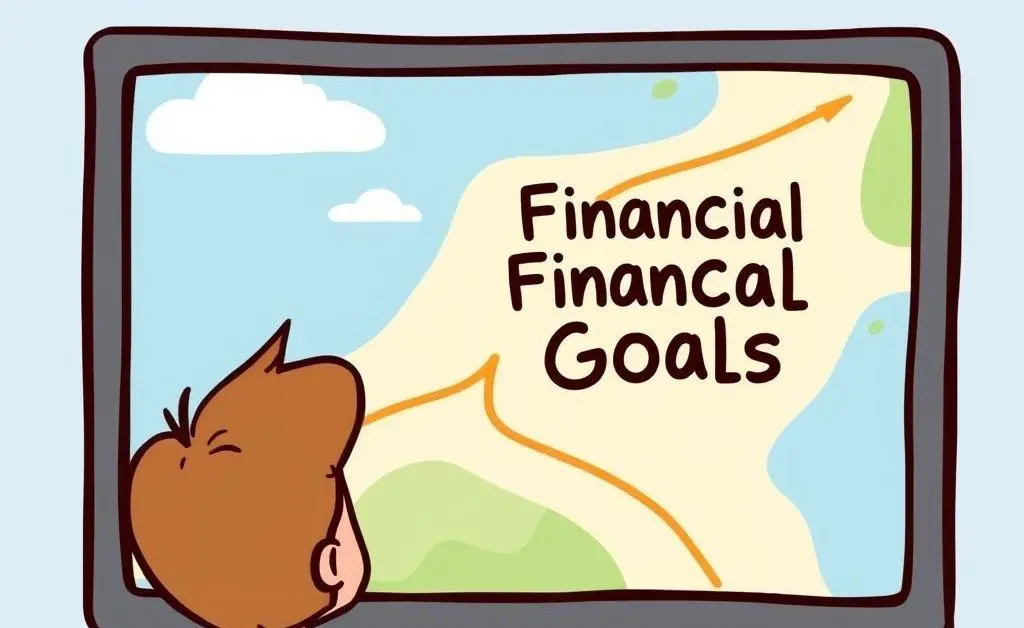
Building a Better Financial Future
Think of recovering your credit score as embarking on a journey—it requires patience and persistence. Set realistic financial goals, celebrate small victories, and remember, you’re not alone on this road.
Invest time in understanding the nuances of credit, create a budget that aligns with your financial goals, and wield any newfound knowledge to make informed decisions.
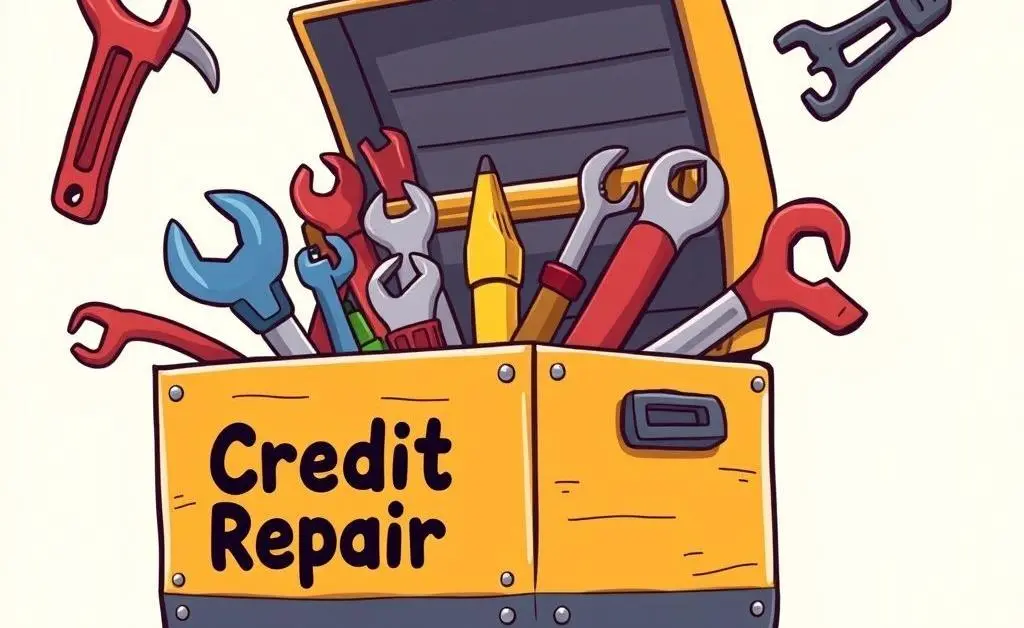
Conclusion: Keep a Watchful Eye
Remember, managing your credit score is like maintaining a friendship—keep track of it, understand it, and act quickly when there are misunderstandings. By staying proactive, monitoring your finances, and implementing the tips above, you’ll see that score climb back up in no time.
Have you encountered a surprising drop in your credit score before? How did you handle it? Feel free to share your experiences in the comments.




